We all have our favorite foods to indulge in, but you must recognize that some of these may not be compatible with swimming.
From triggering bloating and digestive discomfort to causing energy crashes, certain foods can actually hinder your performance when consumed before a swim.
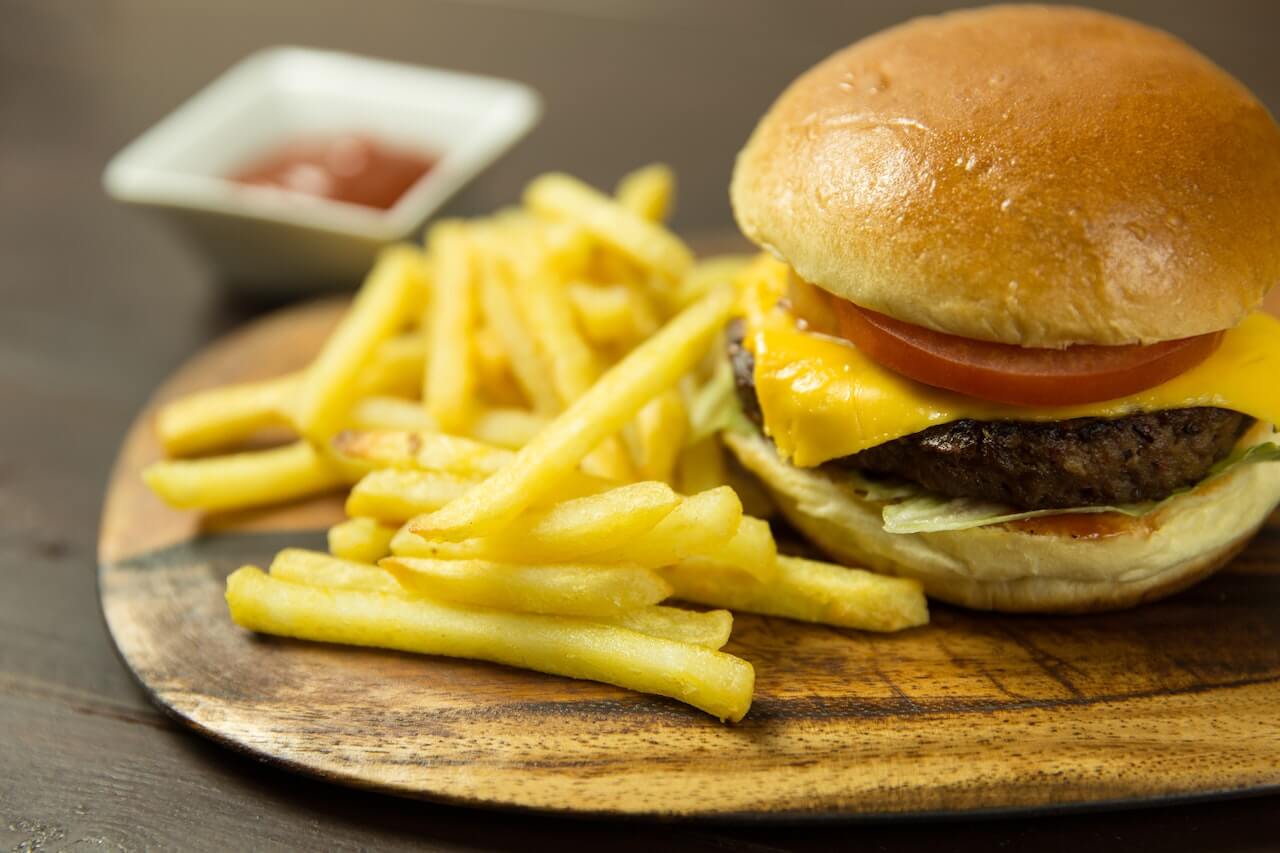
These are the foods swimmers should avoid:
- Processed and junk foods such as fast food and sugary snacks.
- Caffeine and energy drinks.
- High-fat dairy products.
- Gas-producing foods such as carbonated beverages and beans.
- Spicy foods.
- Alcohol.
In this article, we’ll go in-depth on what not to eat before a swim meet so that you can perform at your best when it counts.
Processed and Junk Foods
Fast Food
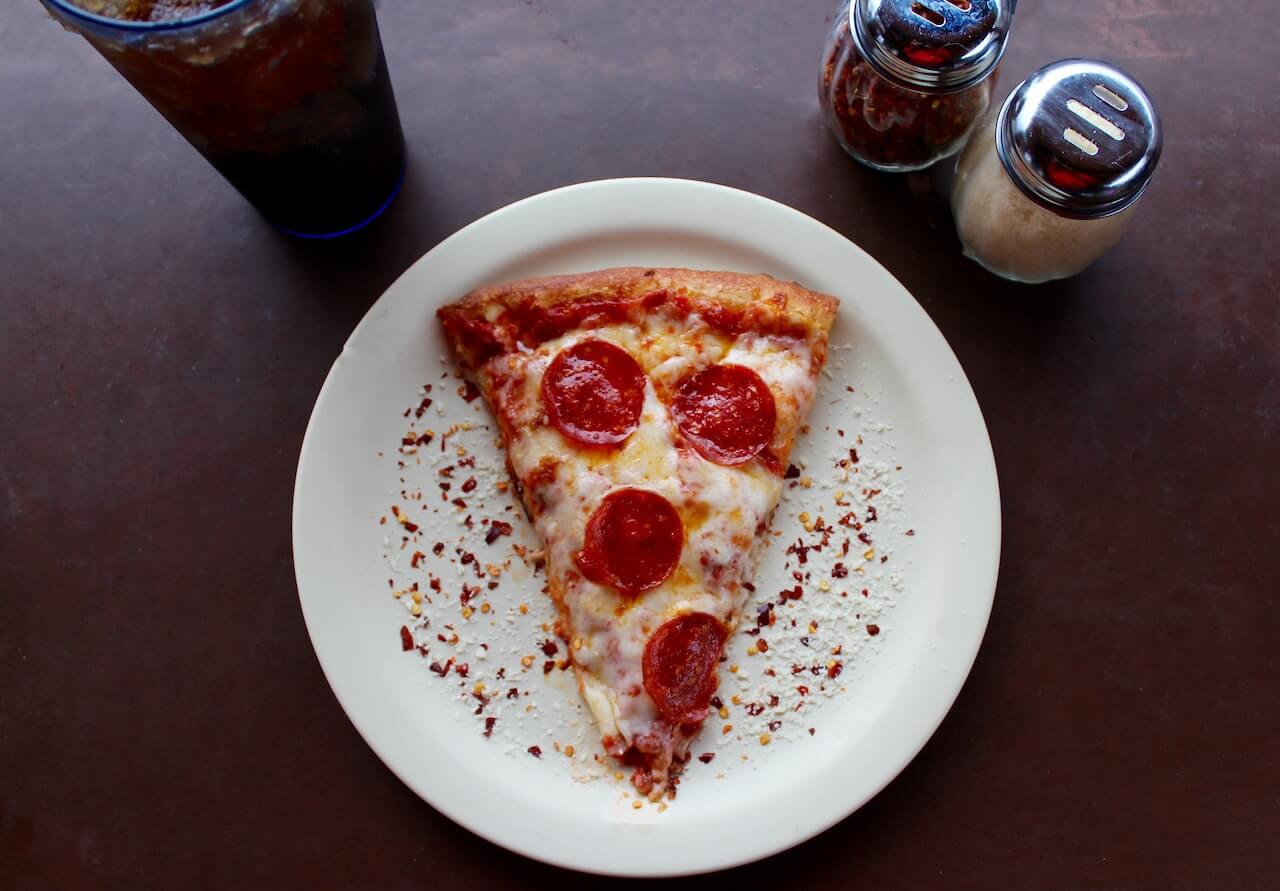
As a swimmer, you should understand the impact that fast food can have on your diet and performance. Fast food is often high in unhealthy fats, sodium, and cholesterol, which can negatively impact your swimming performance by causing bloating and sluggishness in the pool.
Additionally, fast food lacks the essential nutrients and vitamins that swimmers need for optimal energy levels and muscle recovery. So, limit your intake of fast food and opt for healthier alternatives, like grilled chicken sandwiches, salads, or baked potatoes instead.
To be clear, most take-out meals and prepackaged or frozen foods, or basically anything that you didn’t make from scratch, can be considered fast food.
Sugary Snacks and Desserts

While it might be tempting to indulge in sugary snacks and desserts, they can have a detrimental effect on your nutrition and blood sugar levels. Consuming too many sugary treats can lead to blood sugar fluctuations, which may impair your race performance.
Furthermore, these empty calories don’t provide the essential nutrients that your body needs for optimal energy and strength.
I recommend looking at the nutrition label and specifically looking at how much sugar is in the food item. You may be surprised at how much sugar is in items like cereal and granola bars, which some people erroneously believe to be healthy.
Aim to replace sugary snacks and desserts with healthier alternatives such as:
- Fresh fruits like berries and apples
- Greek yogurt with honey and nuts
- A homemade smoothie packed with fruits and veggies
- A piece of dark chocolate (in moderation)
Processed Meats
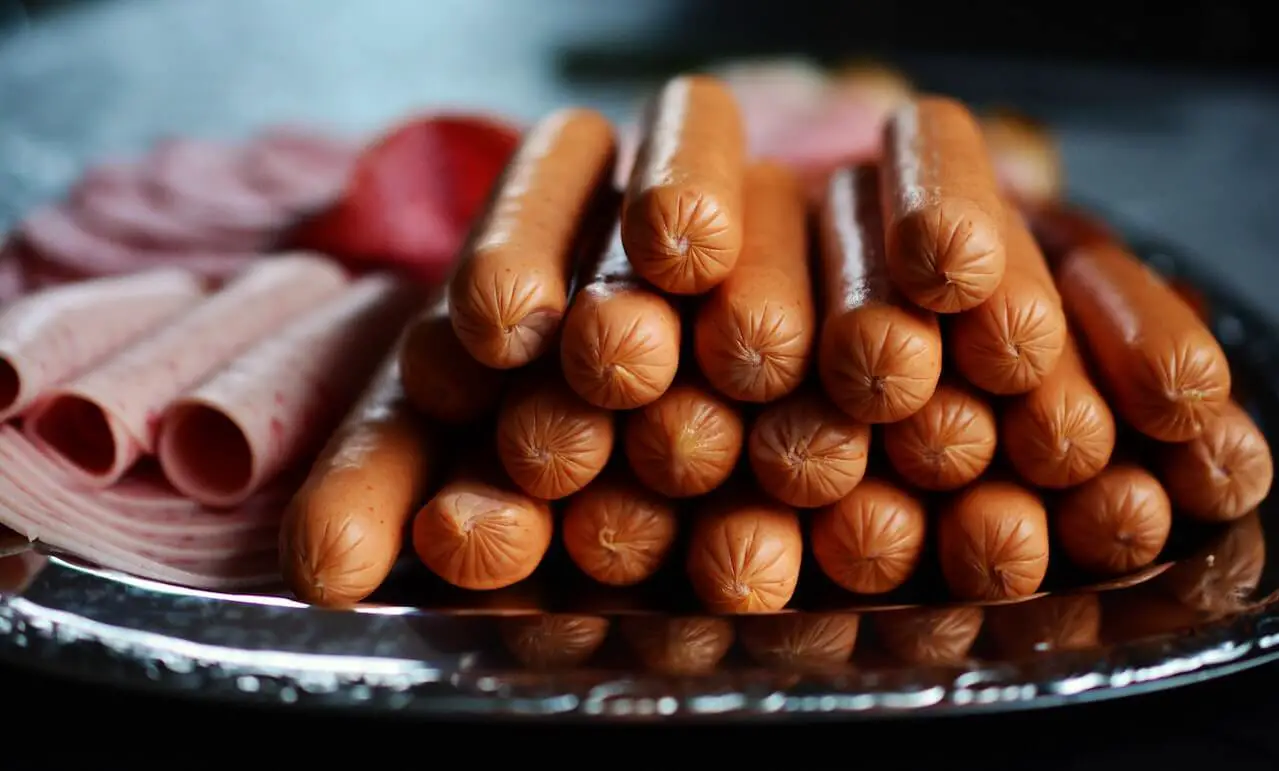
Processed meats like hot dogs, salami, and lunch meats might be convenient and tasty, but they’re not ideal for swimmers looking to maintain peak nutrition and performance.
These meats are often high in sodium, preservatives, and unhealthy fats, which can contribute to bloating and poor digestion, hampering your swimming performance.
Instead, focus on incorporating lean protein sources such as:
- Fresh chicken or turkey breast
- Tofu, tempeh, or other plant-based proteins
- Fish, such as salmon or tuna
- Eggs or egg whites
Incorporating these healthier protein options and avoiding processed and junk foods will put you on the path to better overall nutrition and improved swimming performance.
Excess Caffeine and Energy Drinks

Dehydration Risks
As a swimmer, know that consuming excess caffeine can have negative effects on your performance. One concern is the risk of dehydration.
Caffeine is a diuretic, which means it increases the production of urine, causing your body to lose more water than it takes in from the drink itself.
This is especially concerning for swimmers, as proper hydration is essential for maintaining blood sugar levels, supporting muscle recovery, and helping with metabolism.
To avoid dehydration, drink plenty of water and electrolyte-rich drinks such as coconut water or homemade sports drinks.
These will not only keep you hydrated but also help with endurance and energy levels, without the added risks associated with caffeine and energy drinks.
Sleep Disturbance
Another downside of excess caffeine consumption is that it can negatively affect your sleep quality.
Being well-rested is crucial for swimmers, as it helps with muscle recovery, mental focus, and overall performance.
Caffeine can interfere with your body’s ability to relax and achieve restful sleep, causing sleep disturbances and a decrease in the quality of your rest.
To ensure you’re getting adequate sleep, moderate your caffeine intake, particularly in the hours leading up to bedtime. Consider incorporating healthier, caffeine-free alternatives into your diet, such as herbal teas, smoothies, or water infused with fruits and herbs.
High-Fat Dairy Products
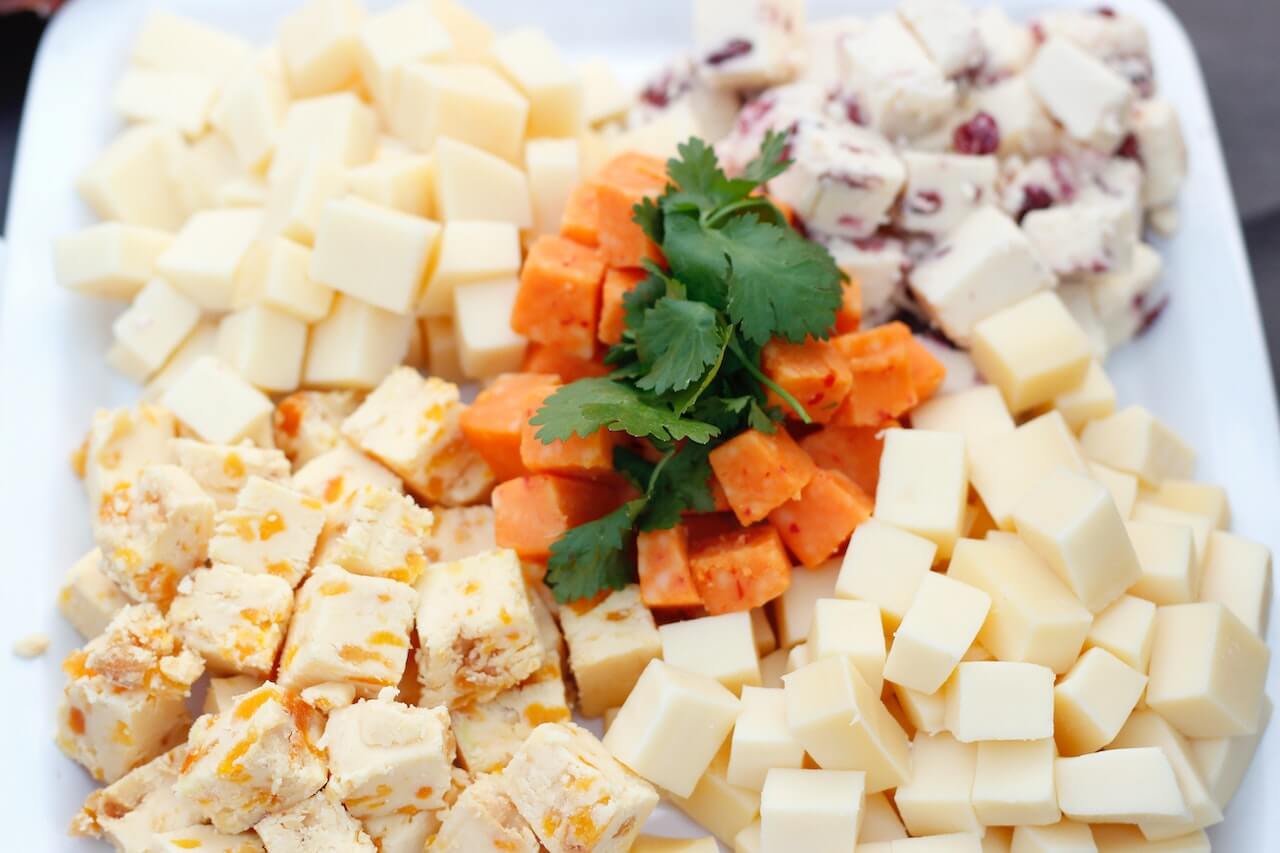
Digestive Discomfort
High-fat dairy products like whole milk, cheese, and ice cream may not be the best choice for swimmers, particularly before a practice or a competition.
These foods are more difficult to digest and can cause discomfort in your stomach, especially as you engage in rigorous physical activity like swimming. Digestive discomfort can hinder your performance, making you feel sluggish and uneasy in the water.
For optimal digestion, opt for low-fat or fat-free dairy options like skim milk or yogurt. These contain the essential nutrients like calcium and protein, without the excessive fats, making them better choices for your pre-swim nutrition.
Excess Saturated Fat
High-fat dairy products are also known to contain a large amount of saturated fats. While some healthy fats are necessary for your body to function properly, excess saturated fat can lead to increased cholesterol levels and negatively affect your heart health.
Furthermore, consuming excessive amounts of saturated fats can counteract the benefits of consistent swim training. Moderating your intake of high-fat dairy products is crucial to maintaining a balanced diet that promotes your best performance in the pool.
To include healthier fats in your diet, consider swapping out high-fat dairy products for options like avocado, nuts, or olive oil. These sources offer good amounts of unsaturated fats and can help you maintain a balanced and nutritious swimming diet.
Gas-Producing Foods
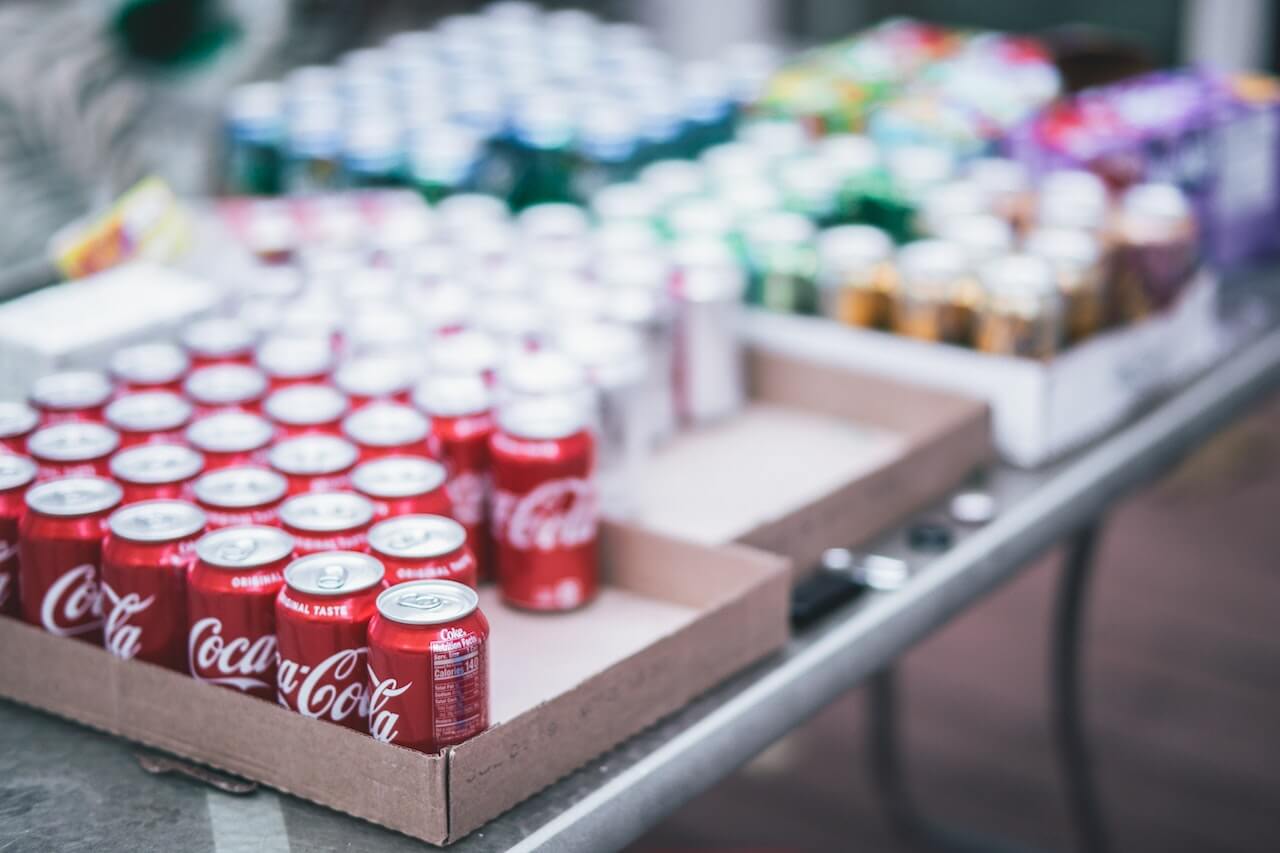
Beans
Beans are infamously known to cause flatulence. Beans contain the sugars oligosaccharides which are difficult to digest for some. Consider cutting down on beans leading up to an important swim to avoid any unnecessary discomfort.
Carbonated Beverages
Carbonated beverages like soda and fruit juice can also contribute to bloating and gas. The bubbles in these drinks result from carbon dioxide gas, and consuming them can lead to excessive air entering your stomach.
As a swimmer, this can result in an uncomfortable feeling during your activity. Here’s a quick list of common gas-producing drinks to avoid before swimming:
- Soda (both regular and diet)
- Sparkling water
- Fruit juice with added carbonation
- Carbonated energy drinks
Not all gas-producing foods and drinks are obvious. For example, chewing gum and drinking through a straw can also cause you to swallow excess air, leading to gas and bloating. Be mindful of these habits, especially before a swim session.
Spicy Foods
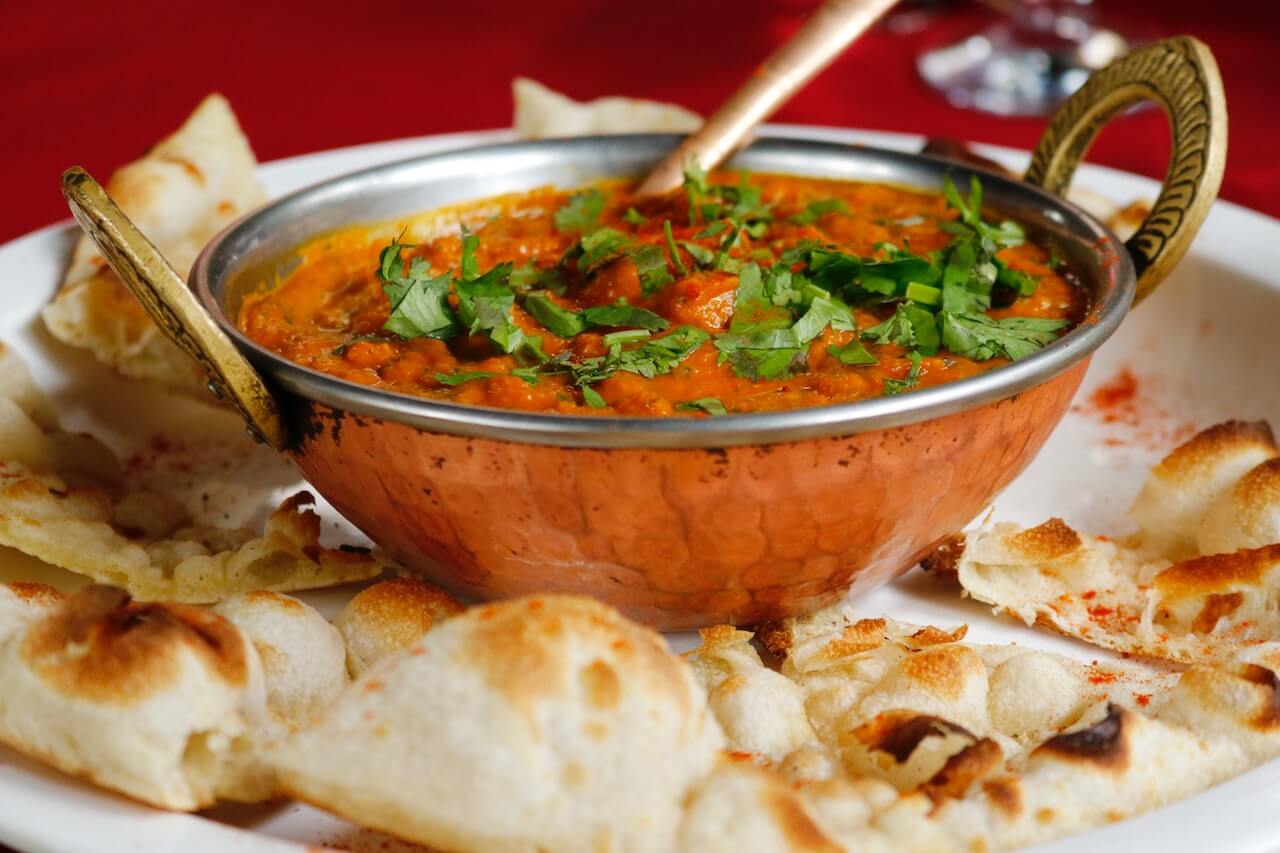
Gastrointestinal Discomfort
You might love a fiery kick in your meal, but consuming spicy dishes might lead to gastrointestinal discomfort, including bloating and nausea.
Bloating can be particularly troublesome for you, as it can make it hard to feel comfortable and achieve optimal performance during training or a competition.
While spicy foods might not affect everyone in the same way, it’s important to be aware of your body’s reactions. For some, consuming too much capsaicin (the active component in chili peppers) can cause heartburn, indigestion, or even acid reflux.
These issues might keep you out of the water and in pain when you should be focusing on your training.
Timing Considerations
If you absolutely cannot resist the allure of spicy foods, timing is key. It’s best not to indulge in spicy dishes right before a workout or competition, as the discomfort can impact your performance significantly.
Instead, enjoy your favorite fiery meals on your rest days, or at least several hours before you hit the pool.
Another thing to consider is the potential for high fiber content in some spicy dishes. High-fiber foods, like beans or certain vegetables, can further contribute to gastrointestinal issues.
In order to reduce the negative impact of spicy foods, try to minimize the consumption of high-fiber ingredients around your training and competition schedule.
Alcohol
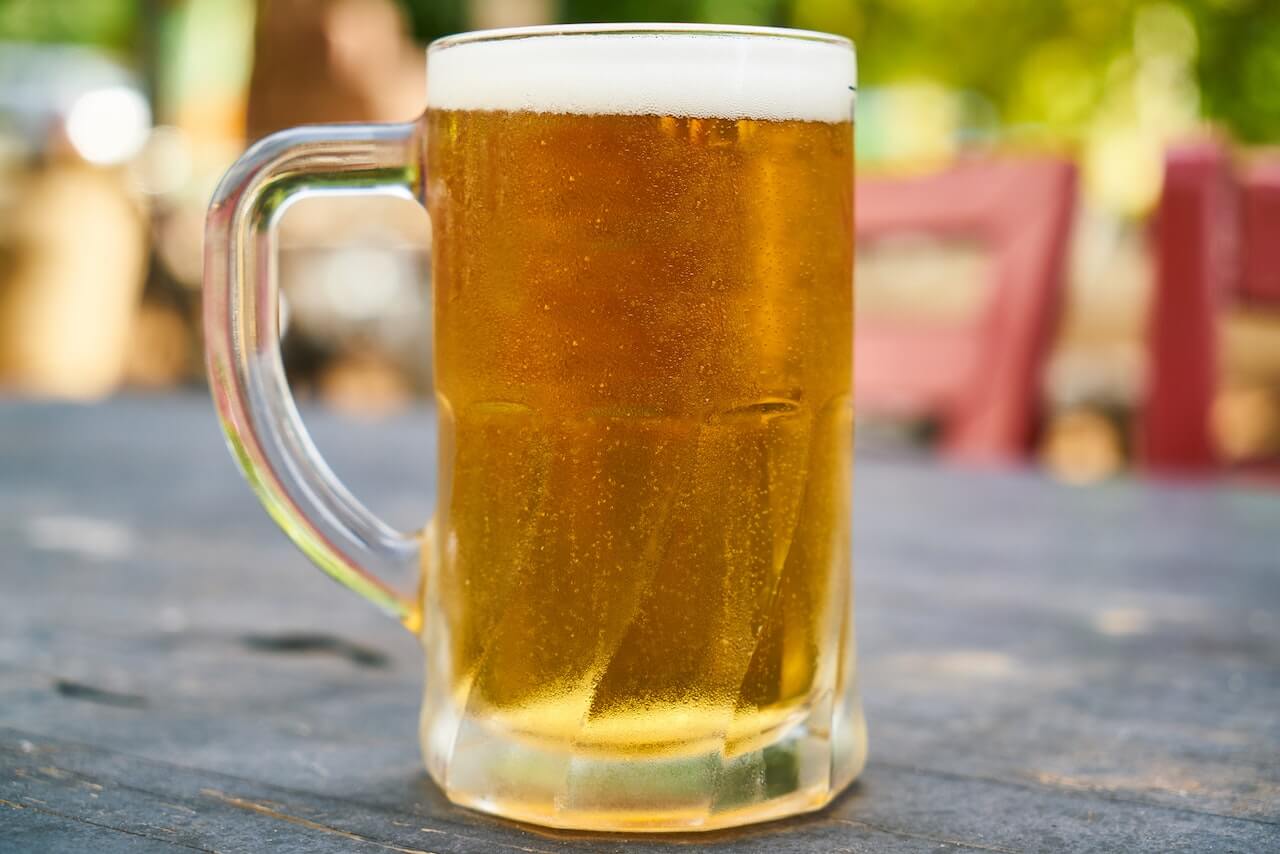
Dehydration Effects
Alcohol can cause your body to lose 3 percent more body fluid in a short period of time, as it is also a diuretic like caffeine. This can lead to dehydration even faster, which is a concern for swimmers as it can negatively affect performance and endurance.
To maintain proper hydration levels,prioritize water intake over alcohol consumption. Drinking enough water is crucial for maintaining energy levels, preventing cramps, and promoting overall health.
Sleep and Recovery
While you might think that drinking alcohol helps you relax and fall asleep, like caffeine, it can actually disrupt your sleeping patterns. In the days leading up to a swim meet, reduce your alcohol intake, especially later in the day, to ensure a good night’s sleep for optimal recovery.
By being mindful of your alcohol consumption, you can prevent negative impacts on your hydration, sleep, and recovery. This will ultimately benefit your swimming performance, endurance, and overall health.
Sources:
- https://blog.arenaswim.com/us/training-technique-us/what-to-eat-before-a-swim-meet/
- https://swimswam.com/energy-drinks-swimmers-good-bad/
- https://www.healthline.com/health/caffeine-overdose
- https://www.delish.com/kitchen-tools/g3409/foods-you-should-never-eat-before-you-swim/
- https://www.swimmingworldmagazine.com/news/the-big-deal-about-a-swimmers-nutrition/
- https://www.p2life.com/blogs/blog/foods-to-avoid-while-training-for-swimmers
- https://swimcompetitive.com/training/food-swimmers/
- https://www.healthline.com/health/foods-that-cause-gas
- https://www.medicalnewstoday.com/articles/323466
- https://triathlonbudgeting.com/what-foods-should-swimmers-avoid-what-to-eat/
- https://www.swimmingworldmagazine.com/news/alcohol-consumption-and-its-effects-on-performance/
- https://www.swimmingworldmagazine.com/news/the-big-deal-about-a-swimmers-nutrition/

